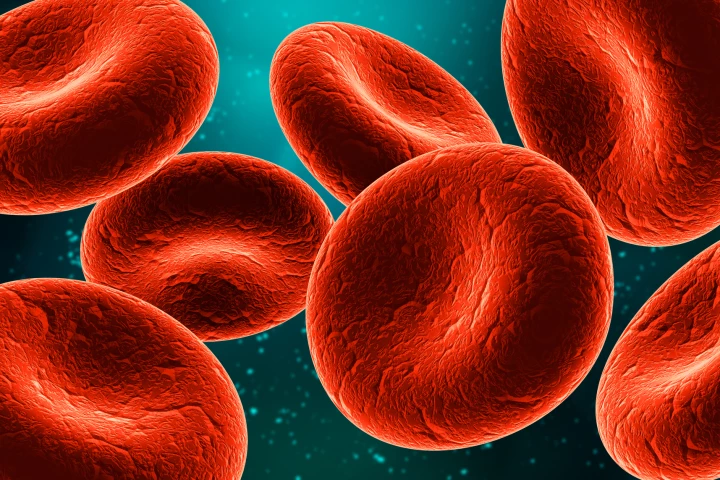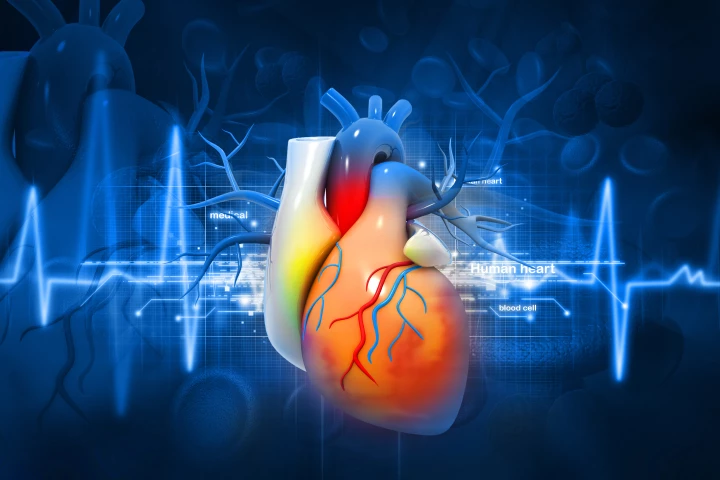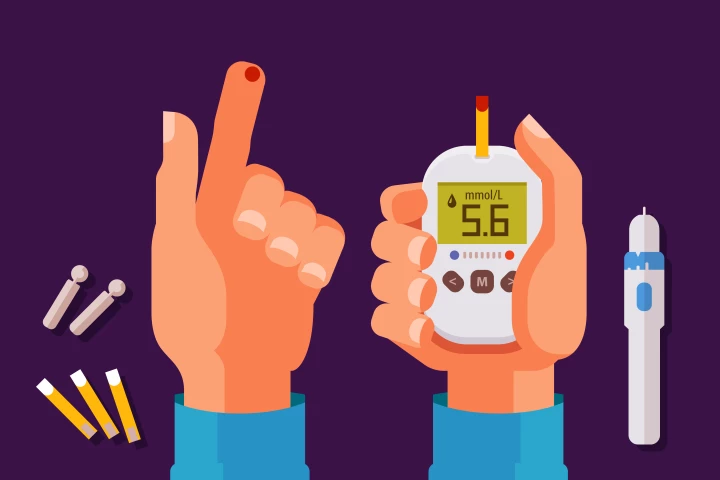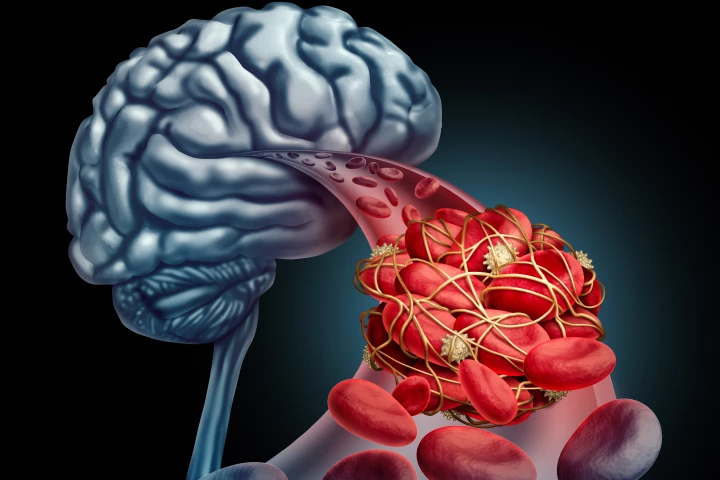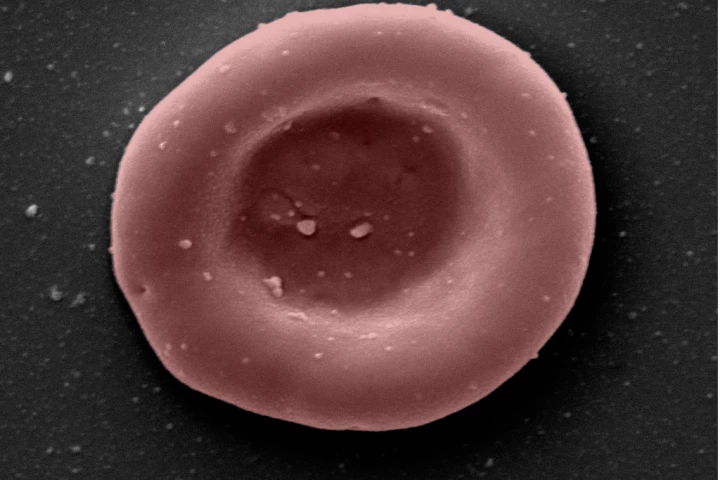Blood
-
In what sounds like sci-fi, transfusions of youthful blood can improve the health of older people. A new study has found that an existing arthritis drug can effectively rejuvenate blood stem cells, mimicking the benefits of young blood transfusions.
-
Skin-applied microneedle patches are already used to painlessly deliver medication and detect chemicals in a patient's bloodstream. A new one, however, reportedly stops wounds from bleeding much more effectively than traditional bandages.
-
Scientists believe they have discovered how a common disease called shingles can increase a person's risk of stroke. The research reveals how viral infections can be reawakened after lying dormant for years and cause health issues beyond acute disease.
-
When glassfrogs sleep, they turn their bodies transparent in order to evade predators. Scientists have now discovered that they do so by moving their red blood cells into their liver – and the finding could have implications for human medicine.
-
Engineers have developed an electronic patch capable of monitoring biomolecules in deep tissue, which they say can be used to detect a range of life-threatening conditions, including organ dysfunction and malignant cancers.
-
Data from a Phase 1/2 trial has revealed an experimental immunotherapy led to successful response rates in 73% of patients suffering multiple myeloma, a deadly form of blood cancer. An application to the FDA has been filed to bring the drug to market.
-
Researchers in the United Kingdom have discovered a blood biomarker that signals the presence of myocarditis. It's hoped the discovery will lead to a rapid blood test to catch this deadly and difficult-to-diagnose inflammatory heart condition.
-
Researchers in the UK have developed first-of-a-kind bone marrow “organoids” in the lab that bear the key features of the real thing and which the team hopes can lead to a new breed of bespoke treatments for cancer.
-
A study has shed light on the mystery of how high blood glucose leads to type 2 diabetes. The discovery reveals glucose metabolites can damage insulin-producing pancreatic beta cells, and disrupting this process could offer a way to treat the disease.
-
Researchers are proposing a treatment for stroke that involves infusing a blood protein to protect the brain from damage. Early tests in mice indicate if the treatment is given within hours of a stroke occurring it could improve long-term outcomes.
-
For the first time, human patients have received transfusions of blood cells that were grown from stem cells in a lab. A clinical trial investigating the safety of the procedure is currently underway, which could revolutionize blood transfusions.
-
Drugs given to the whole body can be too much of a shotgun approach, damaging cells that aren’t meant to be targeted. A new study has found that cloaking drugs inside red blood cells could help guide powerful but toxic antibiotics to target bacteria.
Load More
